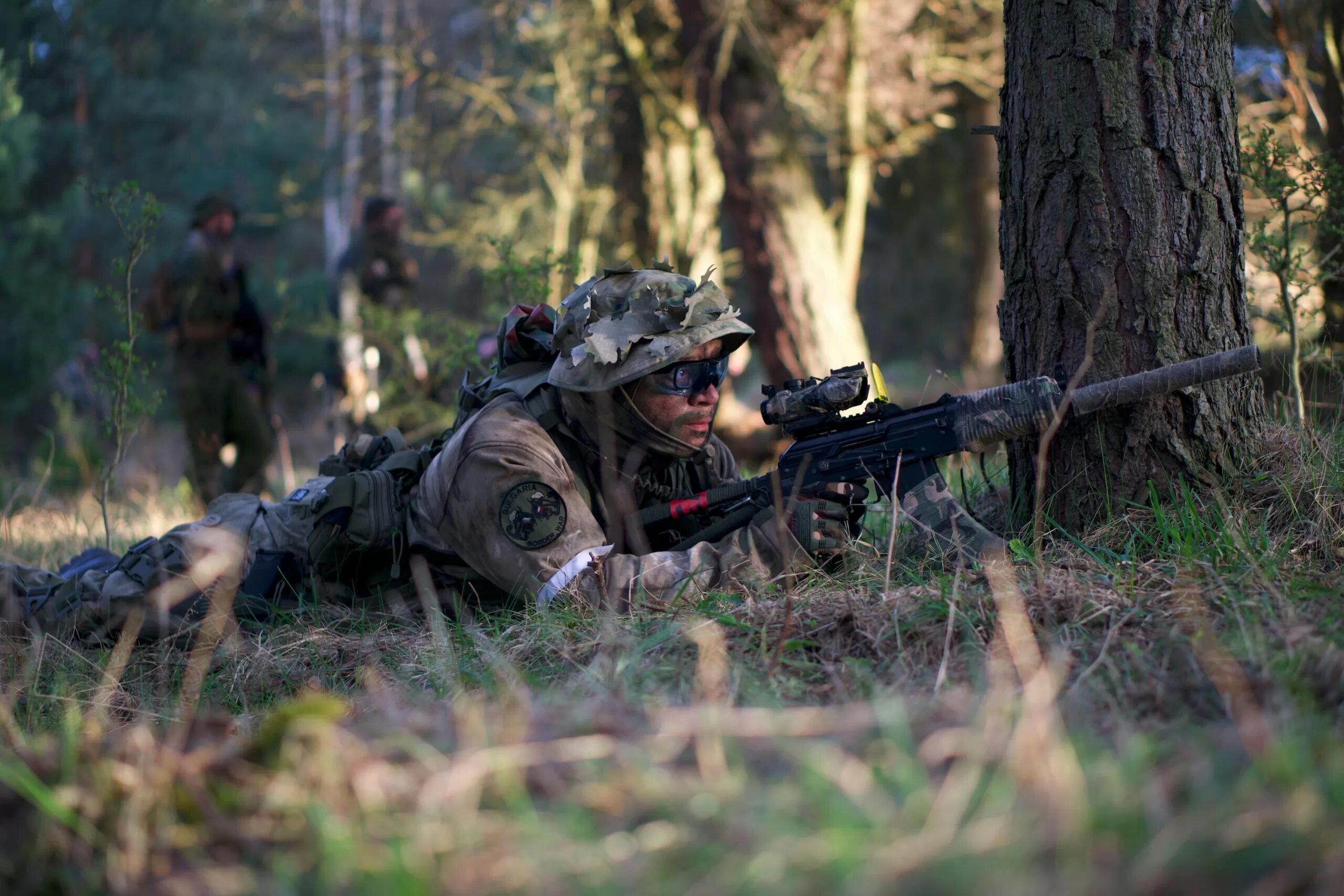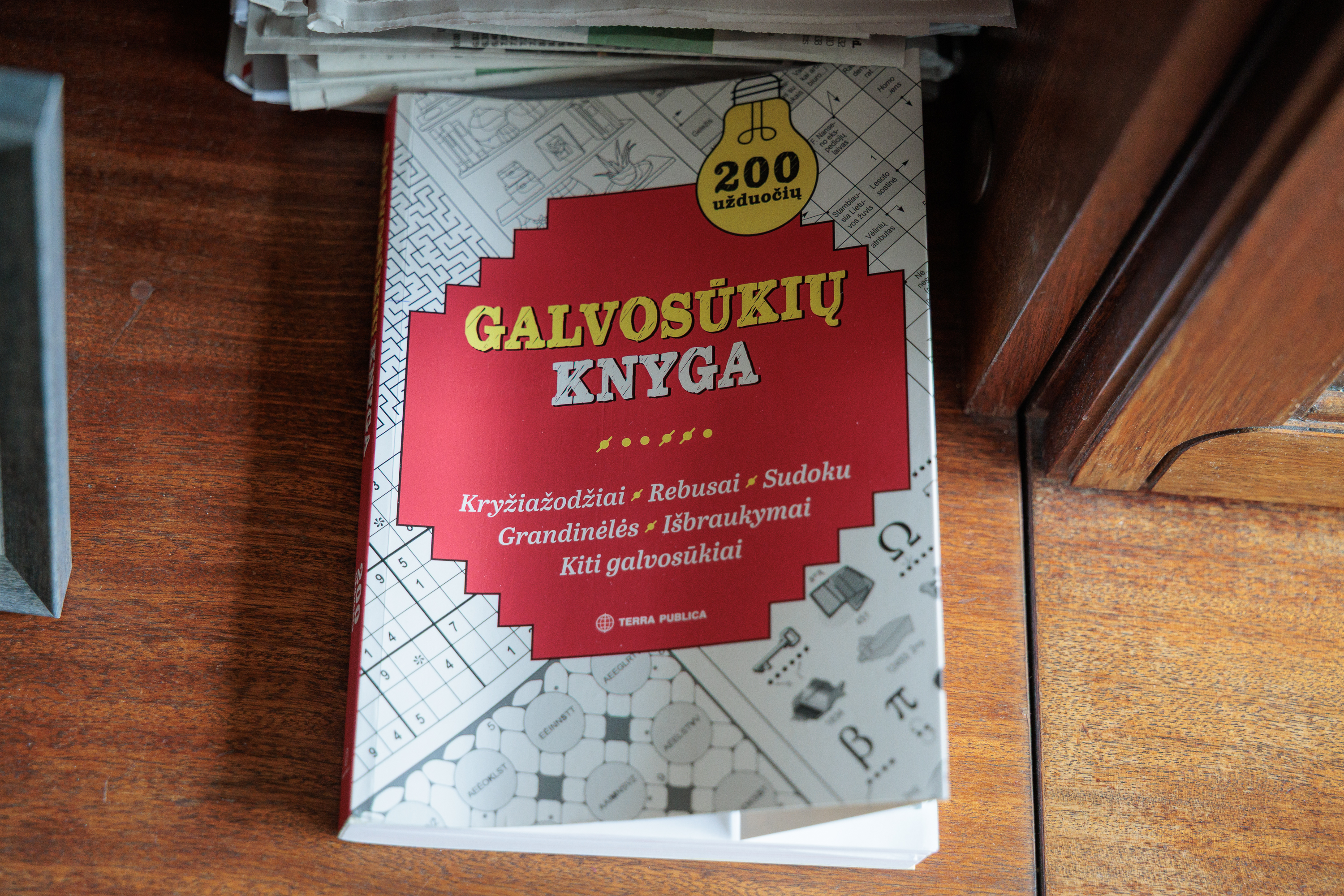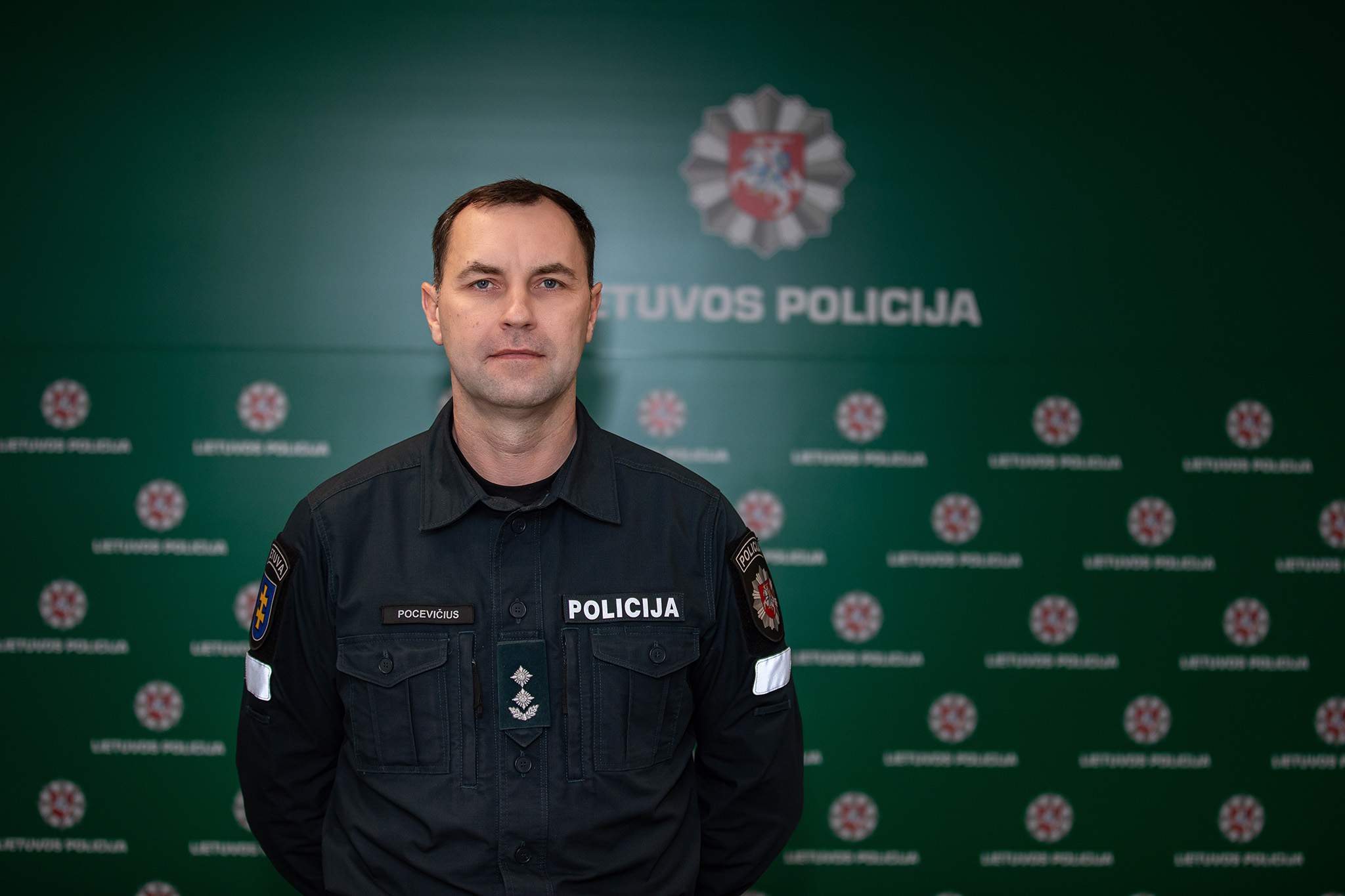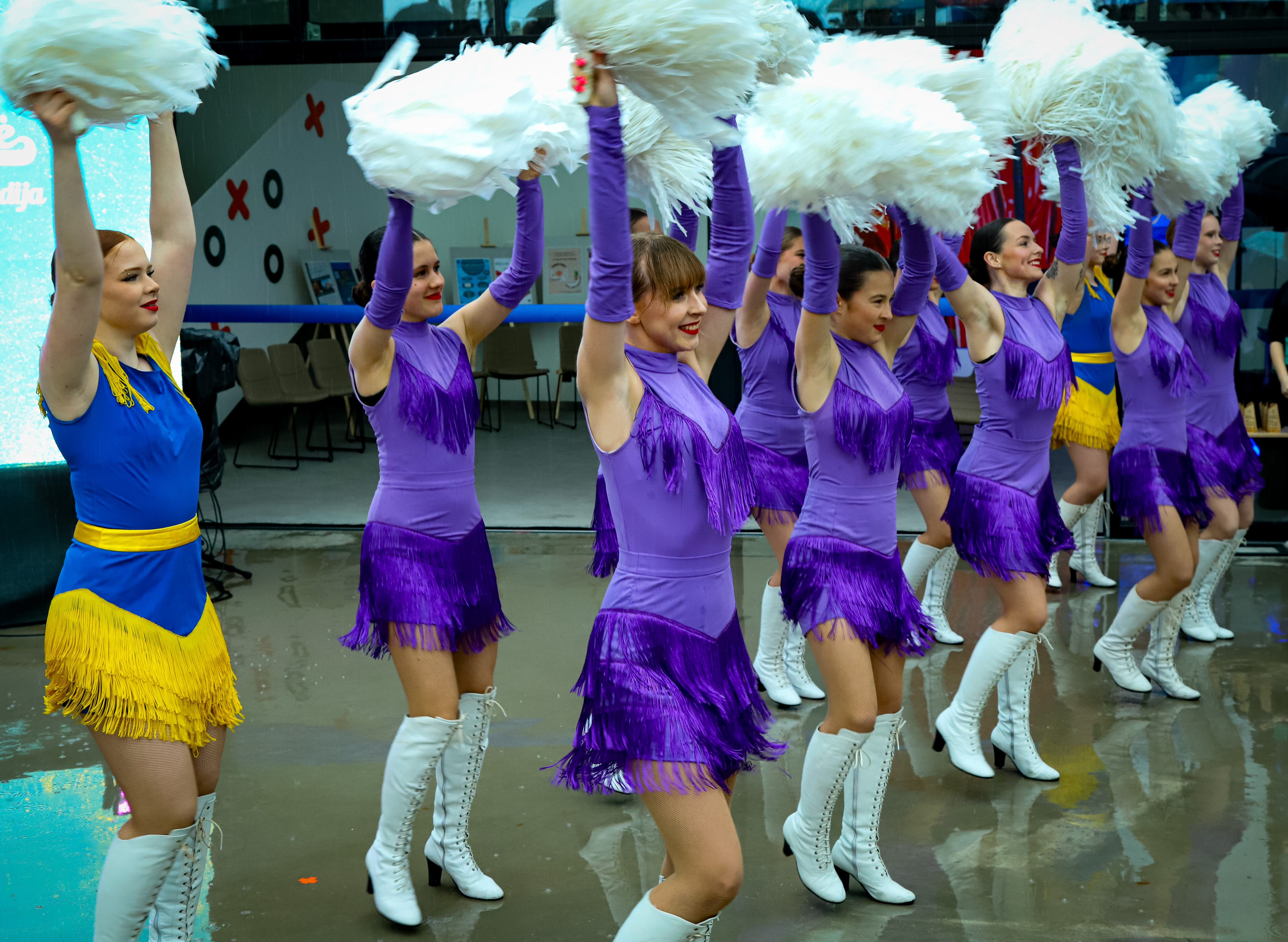have to work and at the time of firing

Translation and oral translation are often considered skills that are only adapted to conference halls, diplomatic meetings or offices, but translators work not only in comfortable office chairs. Contrary to the usual stable environment, translators often work in unpredictable conditions in the military.
Worked on the front
« Translators work in the military not only in the premises but also in forests, sea surrounded ships and blind darkness, wearing night vision glasses (and sometimes without them).
Since this work requires the ability to process information quickly and pass it on in stressful situations with extreme accurately, the translator’s linguistic knowledge must be flawless, including terminology in a particular area. One of the biggest challenges in translating verbally in the military is precisely the high amount of specialized terms.
« As soon as I started working, I quickly realized that I had to develop completely different English skills, especially those related to specialized military terminology and procedures, » says the Ukrainian, a graduate program « Translation and Post -Ereded » by KTU SHMMF.
The doctoral student claims that the knowledge gained in the terminology module proved invaluable in this work. « With the knowledge of terminology, I was able to form structurally neat glossaries on various military topics. I also shared these glossaries with my colleagues, who were very useful in preparation for the translator’s work, » emphasizes Ponomarevskyi.
Specifications: One of the biggest challenges in translating orally in the military is the high amount of special terms. / Photo by A. Ponomarevsky’s personal archive
Necessary abilities
It is said that translating verbally requires other skills than writing. While translating in writing is the most important thing to know the peculiarities of written text, and orally, the spoken, A. Ponomarevskyi experience has shown that both areas of translation are united by general translation principles, especially those related to intercultural communication.
« When speaking, people represent their culture and country. Different worldviews can sometimes cause a lot of misunderstandings, which is why translators not only repeat the idea of another language – they also become mediators among different cultures. While studying,
According to the doctoral student, intercultural communication skills, during his studies, were useful in solving various cultural communication situations. Recognizing cultural subtleties and context can prevent misunderstanding that can disrupt military cooperation.
It is surprising, but it was also useful for audiovisual translation skills. Due to the language barrier or the need to follow discrete, communication in military situations may often be non -verbal.
« Sometimes, because of the language barriers, the speaker tells about something very abstract and vaguely, for example, ‘Take this and move it to that’, using visual material, objects or gestures. In this case, the speaker must be constantly and closely monitored and his visual clues are quickly turned into words, ”he emphasizes.
Human aspect
Of course, linguistic knowledge is most important in translating, but the translation is very much related to people. Understanding emotions, tension and other meanings in words is important as to understand the words themselves. Social and emotional skills, called « soft », which are as important in the work of a war translator as linguistic knowledge are essential. In risky situations, the ability to maintain peace, professionalism and cultural sensitivity is much determined.
Despite his hard work, he completed his master’s degree with the best results.
« I realized that, as translated, it is important not only to convey the words spoken in a different language in an international military environment, but also to help the military better understand each other and ensure smooth cooperation.
Audronė Daubarienė, head of KTU SHMMF Linguistics and Translation Study Programs, says that the faculty community is proud of having a student like A. Ponomarevskyi.
« Despite the hard work, he completed his master’s degree with the best results, » she says.







